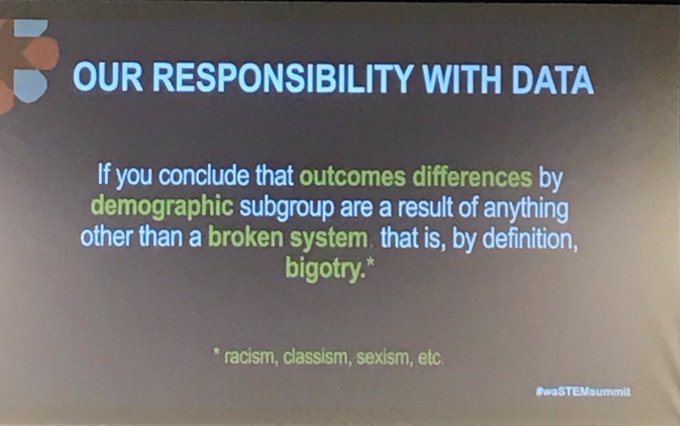Toby Young writes well about fortieth anniversary of The Life of Brian, considered blasphemous by many, including my schoolboy self, in 1979. The song from it, 'Always Look on the Bright Side of Life', sung on the crucifix, formed part of the Opening Ceremony of the London Olympics. (I was invited to attend and foolishly turned the invitation down, damn!) That opening ceremony was a homage to an idea of Britain, shorn of its conservative aspects, that sophisticated, highly educated Londoners could admire. Presumably its mockery of religion is considered central to an idea of Britishness that the centre-left can respond to, along with immigration and the National Heath Service.
He says:
As I try to understand the madness of our times, the only explanation I can come up with is that we are living through a period of religious frenzy, the religion being the malign religion of human rights, to which is spliced the religion of climate change.
He says:
"Turns out, the Pythons were naive in thinking that mankind’s yearning for religious faith was an aspect of our nature we could outgrow. The ebbing away of the Christian tide has left a God-shaped hole in the Anglosphere and it has been filled with something more sinister — a constantly mutating moral absolutism. Its latest manifestation is Extinction Rebellion, but no doubt it will be something even more fanatical and millenarian in a few years’ time. These quasi-religious movements resemble Christianity in its fundamentalist, pre-Reformation period when believers were less willing to forgive heretics and sinners."The whole article deserves to be read.
As I try to understand the madness of our times, the only explanation I can come up with is that we are living through a period of religious frenzy, the religion being the malign religion of human rights, to which is spliced the religion of climate change.








